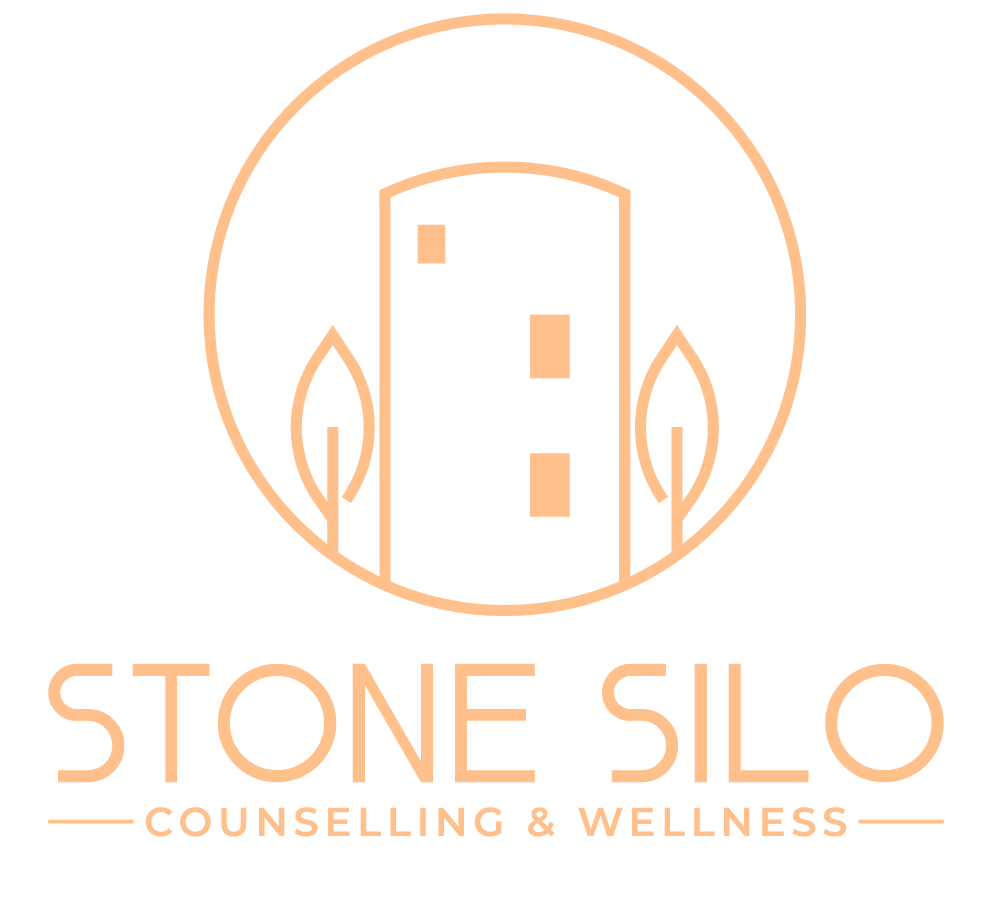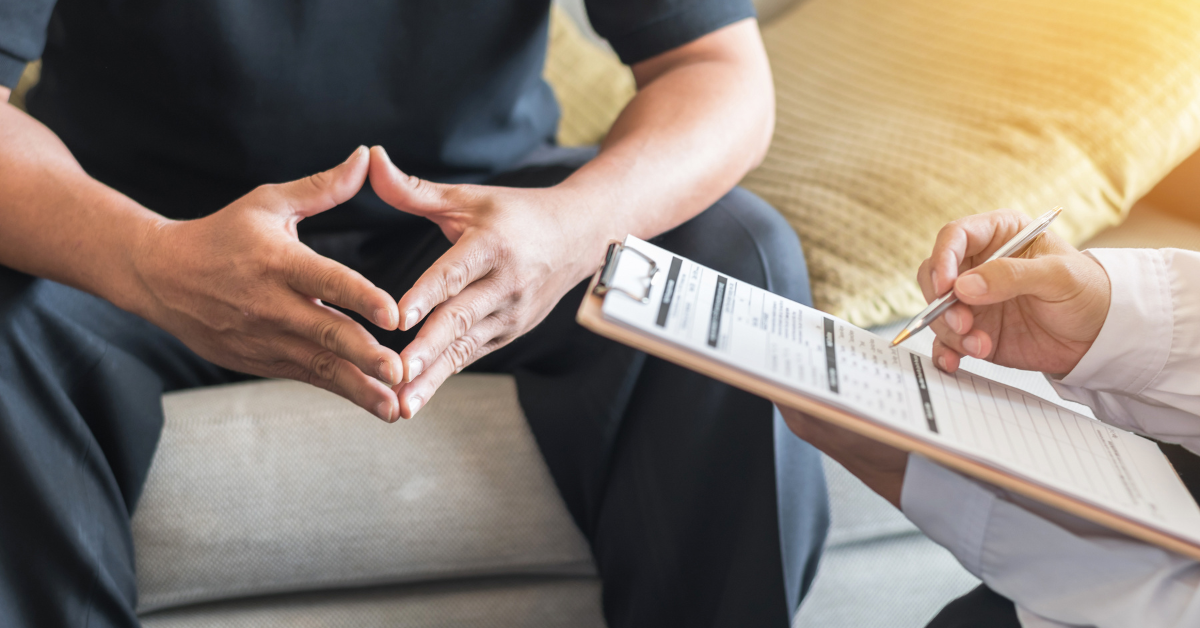Starting therapy can feel like stepping into the unknown. Many people find themselves hesitating before seeking mental health support, unsure about talking to a stranger or feeling their problems aren’t big enough to need help. These worries can keep you from getting the support you need, leaving you to deal with your struggles alone.
This hesitation can make things worse. When people put off getting help, their mental health problems can grow bigger and affect more parts of their lives. The longer someone waits, the harder it can be to change negative thoughts and behaviours. Some people think therapy is only for “crazy” people or that needing help means they’re weak. These wrong ideas can make people feel ashamed or not good enough, stopping them from getting the support they need. By avoiding therapy, people miss out on learning important skills to cope with problems and understand themselves better.
But here’s the good news: taking the first step toward therapy doesn’t have to be scary. With a little guidance, you can overcome these worries and start your journey to better mental health. Today, we’ll show you how to take those first steps and get started with therapy, making the process less scary and easier to approach.
What Can Therapy Do for Me?
Think of therapy as a gym for your mind. Just as you might go to a physical gym to keep your body healthy and strong, therapy is a place to exercise and strengthen your mental and emotional well-being. You don’t need to have a specific injury or illness to benefit from working out, and the same is true for therapy.
Therapy can be a powerful tool for improving your life, but its effectiveness largely depends on finding the right therapist for you. Just like finding a good friend, choosing a therapist is about finding someone you feel comfortable with and can trust. It’s normal if you don’t click with the first therapist you meet – sometimes it takes a few tries to find the right fit.
The goal is to find someone who can help you get the most out of therapy and support you on your journey to better mental health. Let’s explore what to look for when choosing a therapist and how to make sure you find someone who’s a good match for your needs.
Choosing the Right Therapist
Finding the right therapist is like finding the key to unlocking your mental well-being. It’s not just about picking any therapist – it’s about finding someone who truly understands you and can guide you on your unique journey to better mental health.
Think of it this way: you wouldn’t wear shoes that don’t fit, so why settle for a therapist who isn’t the right fit for you? The right therapist can make all the difference in your healing process. They can help you feel heard, understood, and supported in ways you might not have experienced before.
When you find a therapist who clicks with you, therapy becomes more than just talking about your problems. It becomes a powerful tool for growth, self-discovery, and positive change. This special connection, often called the “therapeutic alliance,” can be the secret ingredient that makes therapy truly effective.
How do you find this perfect match? It’s not always easy, but it’s definitely worth the effort. Let’s explore how you can choose a therapist who will help you get the most out of your therapy journey and set you on the path to better mental health.
Why Finding a Good Fit Matters
When you feel comfortable with your therapist, you’re more likely to open up and share your thoughts and feelings. This helps you get more out of therapy. A good therapist should make you feel heard and understood, not judged.
Things to Think About When Choosing a Therapist
- Qualifications: Make sure your therapist has the right training and licenses. You can usually find this information on their website or by asking them directly.
- Cost: Therapy can be expensive, but there are options. Some therapists offer sliding scale fees based on what you can afford. You can also check if your insurance covers therapy.
- Type of Therapy: There are different kinds of therapy, like talk therapy or cognitive-behavioral therapy. Ask the therapist what kind they use and if it’s good for your specific needs.
- In-Person or Online: You can now choose between meeting a therapist in their office or talking to them online. Think about which one would make you feel more comfortable and fit better with your schedule.
- Specialties: Some therapists focus on specific issues like depression, anxiety, or family problems. Look for someone who has experience with the things you want help with.
It’s okay to ask questions before you start therapy. You can even have a short chat with a therapist to see if you feel comfortable with them. Don’t be afraid to try a few different therapists until you find one that feels right for you.
Finding the right therapist is just the first step. If you want to know more about finding the right therapist you can read our blog about Starting Your Mental Health Journey: Finding the Right Therapist. Now, it’s time to prepare for your first session. Getting ready for therapy can help you feel more confident and make the most of your time. Let’s look at some ways you can prepare yourself for your first therapy appointment.
Preparing for Therapy
Starting therapy is like embarking on a journey to explore the landscape of your mind. Just as a traveler might feel both excited and nervous about visiting a new place, you might have mixed feelings about beginning therapy. But just like having a map can make a new journey less daunting, knowing what to expect in therapy can help you feel more at ease.
What to Do Before Starting
- Research: Learn about different types of therapy and therapists. This can help you find someone who fits your needs.
- Set Expectations: Understand that therapy is a process and change takes time. Don’t expect quick fixes.
- Scheduling: Choose a time for your session when you won’t be rushed or stressed. It’s good to have some free time after the session to reflect.
Questions to Ask and Approaching with Curiosity
When preparing for therapy, it’s helpful to have some questions ready. Here are some you might consider:
- “What do I want to work on?”
- “What do I hope to get out of therapy?”
- “Am I ready for change?”
You can also ask your therapist questions like:
- How long have you been practicing?
- What therapy methods do you use?
- Can you help me achieve my goals?
Approach therapy with an open mind. Be curious about the process and yourself. It’s okay if you don’t have all the answers yet – that’s what therapy is for.
Practical Tips
- Gather Documents: Bring any important medical records or insurance information.
- Reflect: Think about why you’re seeking therapy and what you want to achieve.
- Be Comfortable: Wear clothes that make you feel at ease.
- Be Open: Try to be honest with your therapist, even if it feels hard at first.
Starting therapy is a brave step towards better mental health. It’s normal to feel nervous, but being prepared can help you feel more confident and get the most out of your sessions.
Client-Therapist Relationship
Think of your relationship with your therapist like building a bridge together. At first, you’re on opposite sides of a river, and you need to work together to create a strong, safe connection. This bridge will let you cross over to new understandings about yourself and your life.
The most important part of building this bridge is making sure it’s strong and safe. That’s where trust and keeping things private come in. Just like you need a solid foundation for a bridge, you need trust as the foundation of your relationship with your therapist. Let’s talk about how you and your therapist work together to build this trust and keep your conversations private, making a safe ‘bridge’ for you to explore your thoughts and feelings.
Building Trust and Confidentiality
Trust is a big part of therapy. Your therapist should make you feel safe to share your thoughts and feelings. Here’s what you should know:
- Confidentiality: What you say in therapy stays private. Your therapist can’t tell others what you talk about, except in very rare cases where someone might be in danger.
- Honesty: Try to be honest with your therapist. The more open you are, the better they can help you.
- Comfort: It’s okay to take your time opening up. Good therapists understand this and won’t push you too fast.
- Respect: Your therapist should always treat you with respect. They shouldn’t judge you or make you feel bad about yourself.
Recognizing When a Therapist Isn’t the Right Fit
Sometimes, you might feel that your therapist isn’t right for you. This is normal and okay. Here are some signs that it might not be a good match:
- You don’t feel comfortable: If you always feel uneasy or anxious about your sessions, even after a few meetings, it might not be the right fit.
- You don’t feel heard: Your therapist should listen to you and understand your concerns. If you feel ignored or misunderstood, it might be time to try someone else.
- You’re not making progress: While therapy takes time, you should feel like you’re moving forward. If you feel stuck after many sessions, talk to your therapist about it or consider a change.
- Your therapist crosses boundaries: Therapists should keep a professional relationship. If they share too much about their own life or make you feel uncomfortable, it’s not okay.
- You don’t agree with their approach: If you don’t like or understand your therapist’s methods, even after they explain them, you might need a different type of therapy.
It’s okay to change therapists if you need to. The goal is to find someone who can help you best. If you’re not sure, you can always talk to your therapist about your concerns. A good therapist will understand and might even help you find a better fit if needed.
Embracing the Journey
Remember, starting therapy is a courageous step towards better mental health. It’s normal to feel nervous, but being prepared can help you feel more confident and get the most out of your sessions.
Therapy is a process, and change takes time. Be patient with yourself and stay committed to your mental health journey. The skills and insights you gain can lead to lasting positive changes in your life. Ready to take the first step? At Stone Silo Counselling and Wellness, we’re here to support you on your mental health journey. We proudly serve the communities of Waterloo and Listowel, offering a range of mental health services tailored to your needs.
We understand that starting therapy can feel overwhelming, which is why we offer a free 15-minute consultation. This gives you a chance to get started and find the right therapist for your needs, all without any pressure or commitment. Book your free consultation and begin your path to better mental health today. Let us help you build a stronger, healthier you, right here in Waterloo and Listowel.





